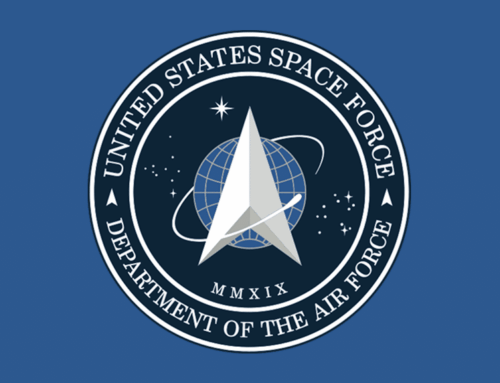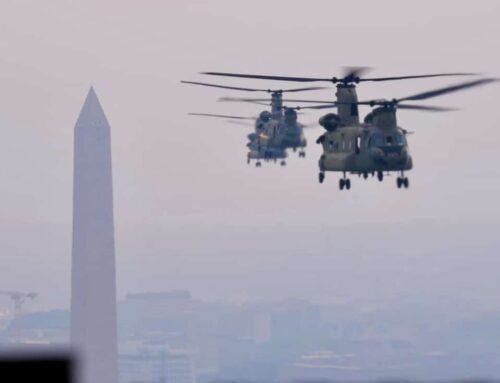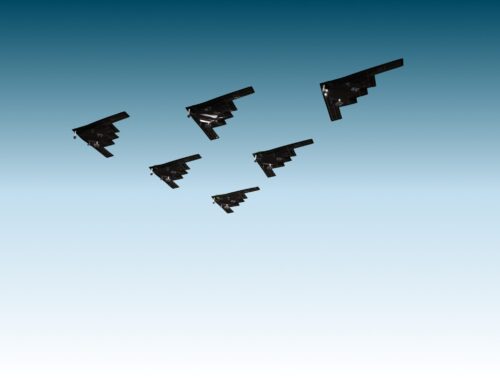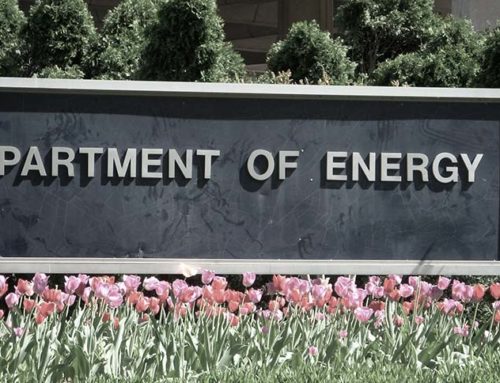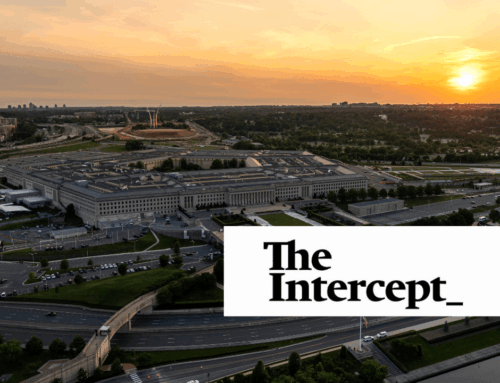The supplemental appropriations bill funding the wars in Iraq and Afghanistan got fast-tracked through the House yesterday in preparation for a Senate vote next week. This was accomplished via two amendments, one approving the war funding passed by the Senate last month, and another that provides cash for a raft of domestic programs. The bill’s bottom line is $212 billion, $165 billion of that for defense.
In the war spending amendment, the House reduced the Senate’s Defense Department funding by $3.6 billion “in order to fund other pressing needs.” Rather than take aim at specific programs, however, members imposed across-the-board cuts in the procurement and research & development accounts as well as the Defense Working Capital Fund (a wartime slush fund). Some top-line numbers:
– The Army gets $54 billion for Operation and Maintenance, while the Air Force comes in a distant second at $11 billion. Defense-wide agencies such as the Defense Contract Management Agency receive $6.2 billion.
– From the procurement budget account, $6.2 billion goes to the Army for combat vehicles, including $2 billion for Strykers, and $7.2 billion to the Air Force for aircraft, including $3.6 billion for 15 C-17s. Some $16 billion goes to the Army’s “other procurement” category, which includes items ranging from latrines to surveillance equipment.
– The DOD Inspector General receives $10.3 million, the Joint Explosive Device Office (JIEDDO,) $2 billion and the Iraqi Security Forces Fund $1 billion.
In the second amendment, which includes money for the State Department, military construction and other national security-related functions, the House:
– Cut nearly $400 million from the administration’s request for operations and security at the US embassy in Iraq, which is still incomplete despite $800 million spent so far. The legislation includes language preventing DOD from directing money toward “permanent basing of US military personnel in Iraq” and demands a “Master Plan for US basing in Iraq.”
– Added $9.5 million for the State Department Inspector General, half of which would go to the Special Inspector General for Iraq (SIGIR) and Afghanistan (SIGAR). The administration had not requested any funds.
– Closed a loophole exempting US contractors working overseas from reporting fraud, and required companies that receive at least $25 million and 80 percent of their revenue from the federal government to disclose the salaries of their most highly-paid officers.
For more information contact Laura Peterson.

